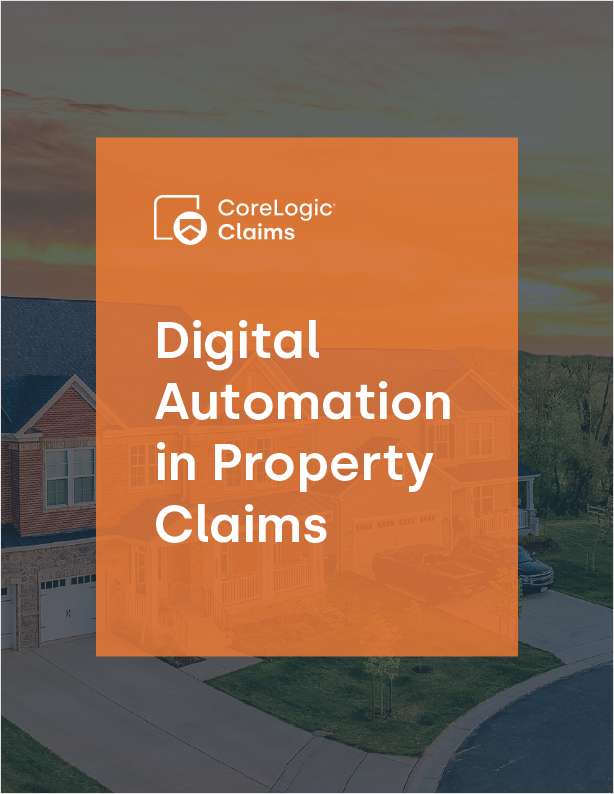Chip's Restaurant Servers Get Class Certification in Minimum Wage Suit
A Superior Court judge has ruled that servers at Chip's restaurants in Connecticut can proceed with their class action lawsuit.
March 04, 2019 at 05:35 PM
4 minute read
 Chip's Family Restaurant. Courtesy photo.
Chip's Family Restaurant. Courtesy photo.
Attorneys for upward of 300 servers at the six Chip's Family Restaurants in Connecticut have won class certification in a case alleging the workers performed nonservice duties in addition to their service duties, but were not compensated for it.
At the crux of the lawsuit, which was filed in New Haven Superior Court in October 2017, are allegations the company paid workers $6.38 an hour for both service and nonservice duties, which violates the Connecticut Minimum Wage Act. It alleges servers worked between 30 and 60 minutes per shift sweeping, stocking, removing garbage and performing other nonservice-related duties for which they were not paid the state's minimum wage of $10.10 an hour. The state allows for a $6.38 minimum wage for service duties because some restaurant workers can make up the difference in tips.
The lawsuit was filed on behalf of named plaintiff Jacqueline Rodriguez, an East Hartford resident who worked for the chain from 2015 to October 2017. The class would cover servers who worked at the chain from Oct. 25, 2015 through March 1, 2018.
On Friday, Judge Carl Schuman granted class certification.
That ruling, plaintiffs attorney Richard Hayber said, should put other businesses on notice.
“In my view, this will make restaurants obey the law and pay at least minimum wage for nonservice work.” said Hayber, owner of The Hayber Law Firm.
Hayber said many servers do not know enough about employment law-related issues to pursue lost income.
“Servers are among the lowest-paid workers in our economy,” Hayber said Monday. “They are typically young and don't always know their rights.”
In the 10-page ruling, Schuman wrote that the plaintiffs had made their case that servers performed side work, or nonservice related duties, on every shift at each location and that the workers deserved to be part of a class.
“The defendants dispute almost every aspect of the plaintiff's case,” Schuman wrote. “What the defendants do not successfully dispute, however, is that every server has essentially the same claim. Although the defendants show that the type and amount of sidework varied from shift to shift, server to server, and restaurant to restaurant, the type and amount of sidework is not critical to the plaintiff's claim. What is critical is that servers performed some sidework on every shift and locations, other than the tables and booths. The defendants do not present or identify any evidence negating that general proposition.”
The restaurant chain stopped assigning side work on March 1, 2018, soon after Rodriguez filed suit.
“The judge got it right,” Hayber said. “All servers are treated the same and all are made to [do] side work before they go home for the night. And when there is a common policy that affects an entire group of people, that is why class actions exist.”
Kevin Moore, a spokesman for George Chatzopoulos, the owner of the Chip's franchises in Connecticut, declined to comment.
“Attorneys have advised us not to comment,” he said.
Representing Chip's are Robinson & Cole attorneys Stephen Aronson and Nicole Mule. Neither responded to a request for comment Monday.
In court filings, the chain wrote: “The Connecticut Department of Labor, the U.S. Department of Labor, and the courts recognize a rule that permits employers to take tip credits where non-service and any questionable service-related duties comprise 20 percent or less of the service person's total working time on that particular shift.”
The chain argued that servers failed to raise their concerns about their working conditions to management. It said, “The plaintiff and other servers working at Chip's Family Restaurants were subject to employment policies that required them to contact the restaurant's manager or other member of management if they had any complaints, including any complaint about their wages or manner of payment.”
Assisting Hayber was his colleague, attorney Thomas Durkin.
This content has been archived. It is available through our partners, LexisNexis® and Bloomberg Law.
To view this content, please continue to their sites.
Not a Lexis Subscriber?
Subscribe Now
Not a Bloomberg Law Subscriber?
Subscribe Now
NOT FOR REPRINT
© 2025 ALM Global, LLC, All Rights Reserved. Request academic re-use from www.copyright.com. All other uses, submit a request to [email protected]. For more information visit Asset & Logo Licensing.
You Might Like
View All


Pharmacies Accuse GoodRx of 'Inviting Price-Fixing' in Series of Antitrust Class Actions
4 minute readTrending Stories
- 1CFPB Labor Union Files Twin Lawsuits Seeking to Prevent Agency's Closure
- 2Crypto Crime Down, Hacks Up: Lawyers Warned of 2025 Security Shake-Up
- 3Atlanta Calling: National Law Firms Flock to a ‘Hotbed for Talented Lawyers’
- 4Privacy Suit Targets Education Department Over Disclosure of Student Financial Data to DOGE
- 5Colwell Law Group Founder Has Died in Skiing Accident
Who Got The Work
J. Brugh Lower of Gibbons has entered an appearance for industrial equipment supplier Devco Corporation in a pending trademark infringement lawsuit. The suit, accusing the defendant of selling knock-off Graco products, was filed Dec. 18 in New Jersey District Court by Rivkin Radler on behalf of Graco Inc. and Graco Minnesota. The case, assigned to U.S. District Judge Zahid N. Quraishi, is 3:24-cv-11294, Graco Inc. et al v. Devco Corporation.
Who Got The Work
Rebecca Maller-Stein and Kent A. Yalowitz of Arnold & Porter Kaye Scholer have entered their appearances for Hanaco Venture Capital and its executives, Lior Prosor and David Frankel, in a pending securities lawsuit. The action, filed on Dec. 24 in New York Southern District Court by Zell, Aron & Co. on behalf of Goldeneye Advisors, accuses the defendants of negligently and fraudulently managing the plaintiff's $1 million investment. The case, assigned to U.S. District Judge Vernon S. Broderick, is 1:24-cv-09918, Goldeneye Advisors, LLC v. Hanaco Venture Capital, Ltd. et al.
Who Got The Work
Attorneys from A&O Shearman has stepped in as defense counsel for Toronto-Dominion Bank and other defendants in a pending securities class action. The suit, filed Dec. 11 in New York Southern District Court by Bleichmar Fonti & Auld, accuses the defendants of concealing the bank's 'pervasive' deficiencies in regards to its compliance with the Bank Secrecy Act and the quality of its anti-money laundering controls. The case, assigned to U.S. District Judge Arun Subramanian, is 1:24-cv-09445, Gonzalez v. The Toronto-Dominion Bank et al.
Who Got The Work
Crown Castle International, a Pennsylvania company providing shared communications infrastructure, has turned to Luke D. Wolf of Gordon Rees Scully Mansukhani to fend off a pending breach-of-contract lawsuit. The court action, filed Nov. 25 in Michigan Eastern District Court by Hooper Hathaway PC on behalf of The Town Residences LLC, accuses Crown Castle of failing to transfer approximately $30,000 in utility payments from T-Mobile in breach of a roof-top lease and assignment agreement. The case, assigned to U.S. District Judge Susan K. Declercq, is 2:24-cv-13131, The Town Residences LLC v. T-Mobile US, Inc. et al.
Who Got The Work
Wilfred P. Coronato and Daniel M. Schwartz of McCarter & English have stepped in as defense counsel to Electrolux Home Products Inc. in a pending product liability lawsuit. The court action, filed Nov. 26 in New York Eastern District Court by Poulos Lopiccolo PC and Nagel Rice LLP on behalf of David Stern, alleges that the defendant's refrigerators’ drawers and shelving repeatedly break and fall apart within months after purchase. The case, assigned to U.S. District Judge Joan M. Azrack, is 2:24-cv-08204, Stern v. Electrolux Home Products, Inc.
Featured Firms
Law Offices of Gary Martin Hays & Associates, P.C.
(470) 294-1674
Law Offices of Mark E. Salomone
(857) 444-6468
Smith & Hassler
(713) 739-1250











